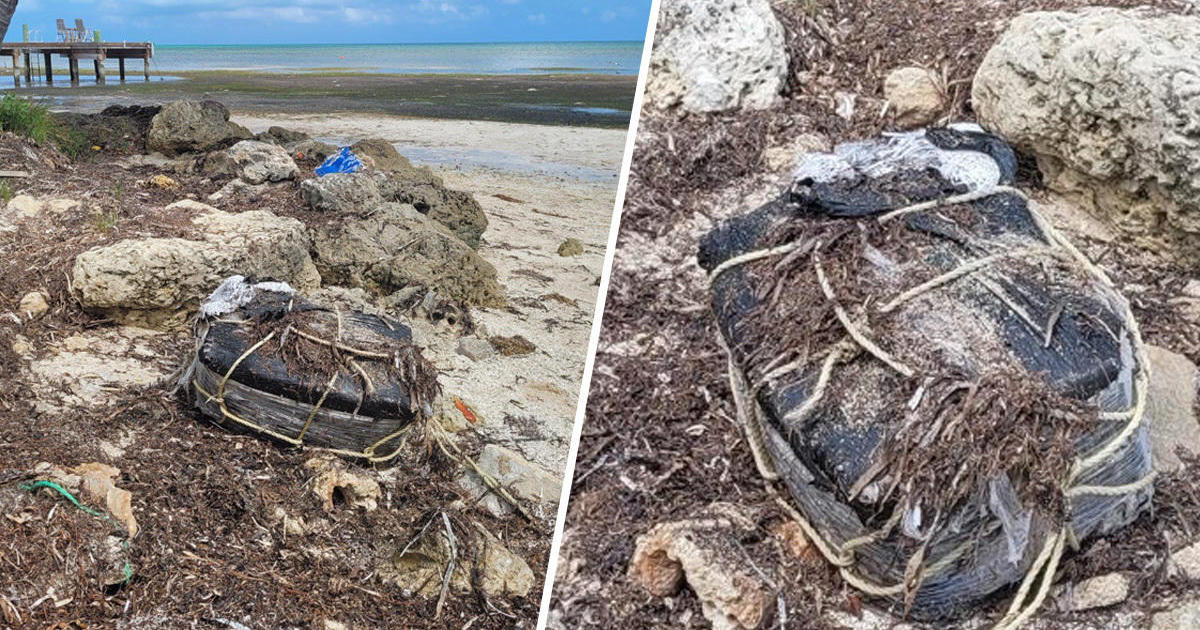Flesh-Eating Bacteria Causing Concerns In Several States, Including Florida
MIAMI (CBSMiami) - Florida has had its scares with "flesh-eating bacteria" over the past few weeks and as millions of Americans head to the coast this holiday week, there are new concerns about the rare and potentially deadly bacteria found in warm waters.
At least one woman was killed last week after a fall at the beach and a Florida man said he was infected without getting wet.
Tyler King was at work in Santa Rosa Beach, Florida last week, when he noticed his left bicep starting to swell.
King tried taking Benadryl, but just a few hours later his arm had nearly tripled in size, and he rushed to the emergency room.
"When I was a little bit younger, I probably would have tried to tough it out. Well, that would have been the worst thing that I could do," King said.
King had contracted vibrio, a bacteria commonly found in warm, brackish water, which is a mix of salt and freshwater. When exposed to an open wound, vibrio can cause a skin infection and if left untreated, the bacteria can be deadly.
"If I had gone to sleep and had woken up with it at the rate it was spreading, I might not have an arm right now," said King.
King, who owns a water sports business, said he did not touch the water the day he was infected. He still doesn't know how it happened but considers himself lucky.
"My arm's looking pretty good. Most of the swelling is gone down and the rash has completely gone away," he said.
Similar cases of infection have been popping up on beaches along the east coast.
A Maryland woman said her son is healing after he developed open wounds swimming in a bay last week.
A 77-year old woman who was walking along the gulf died after developing necrotizing fasciitis when she fell in the water and cut her leg.
"Waters are getting warmer and the bacteria loves warmer water, so we're all at higher risk," said CBS medical contributor Dr. David Agus.
Agus said the key to stopping "flesh-eating bacteria" is to catch and treat infections with antibiotics quickly.
Older people with medical conditions like diabetes, cancer or immune deficiencies are more susceptible.
"Once that bacteria has spread in the bloodstream to the organs, sometimes it's too hard to treat. Just pay attention. Don't be afraid of the ocean, but be aware of what's going on," said Agus.
Dr. Agus recommends checking yourself and your children for cuts, covering cuts with waterproof band-aids before getting in the ocean, if you get a cut in the water it should be cleaned with hand sanitizer as soon as possible and keep monitoring cuts for signs of infection like swelling or redness.



